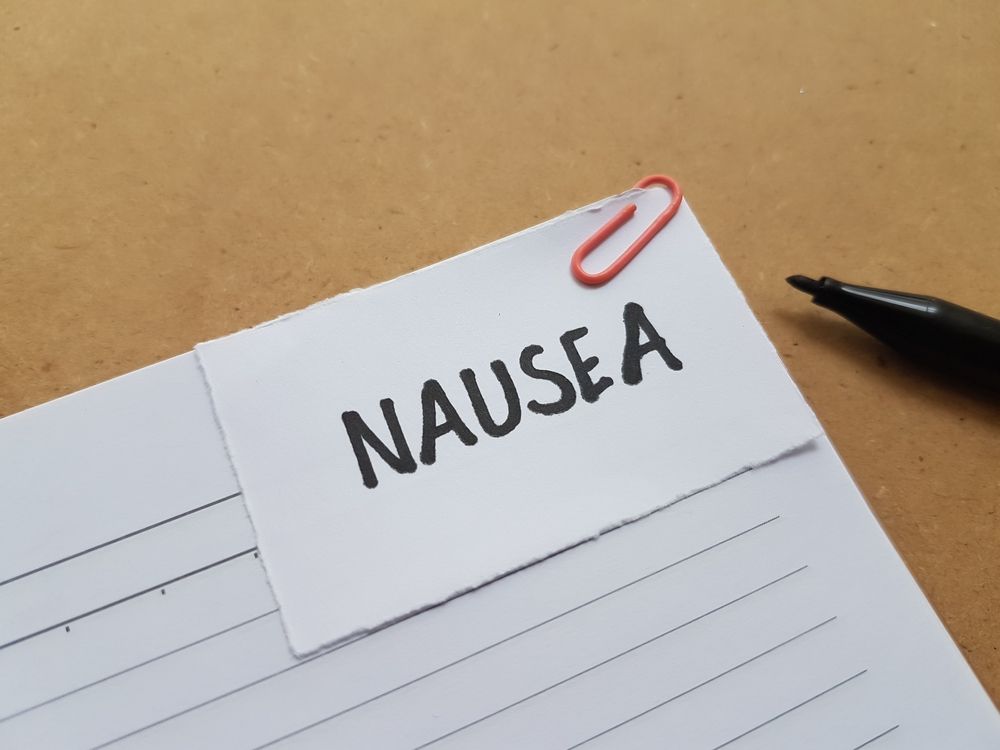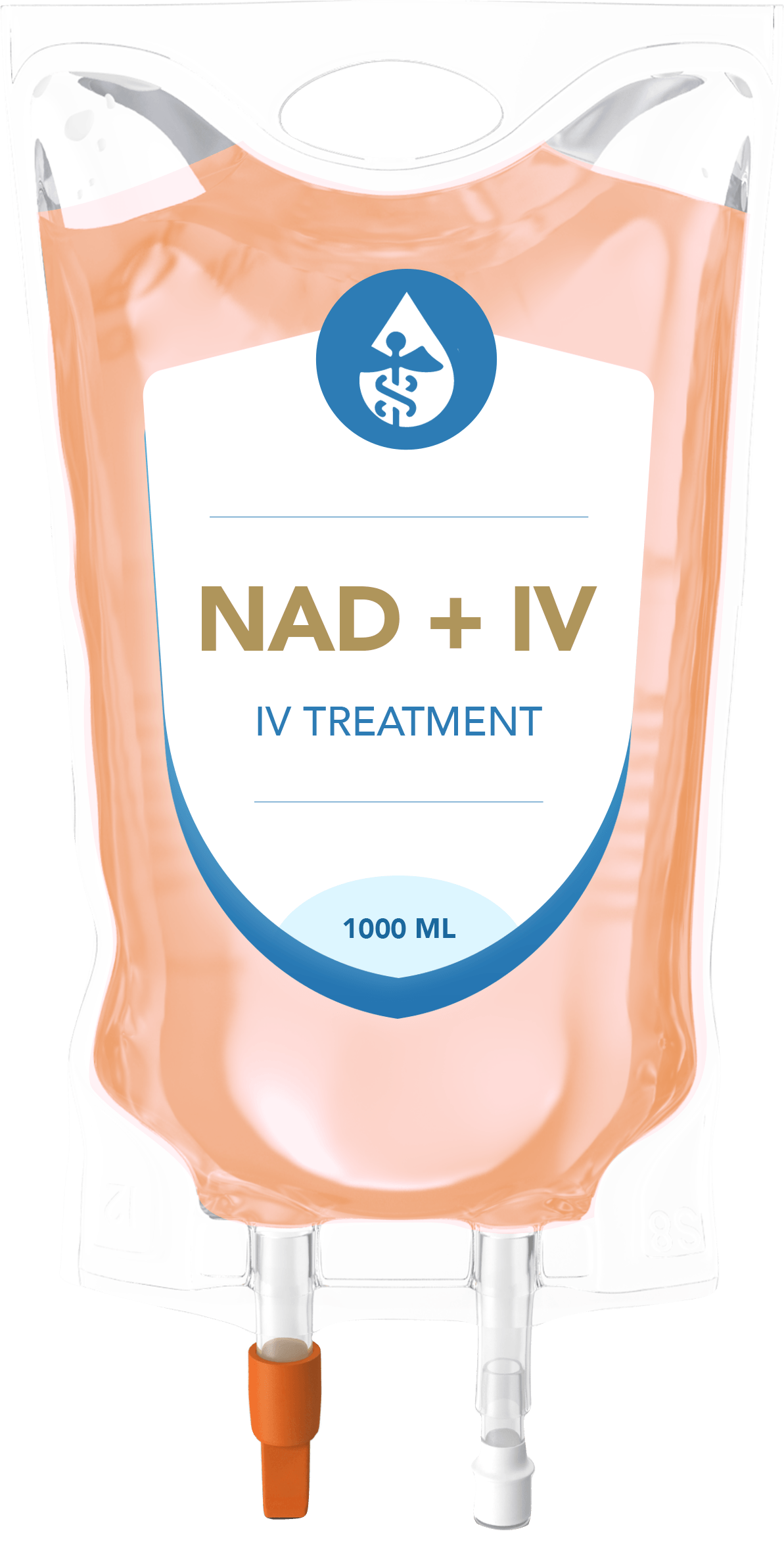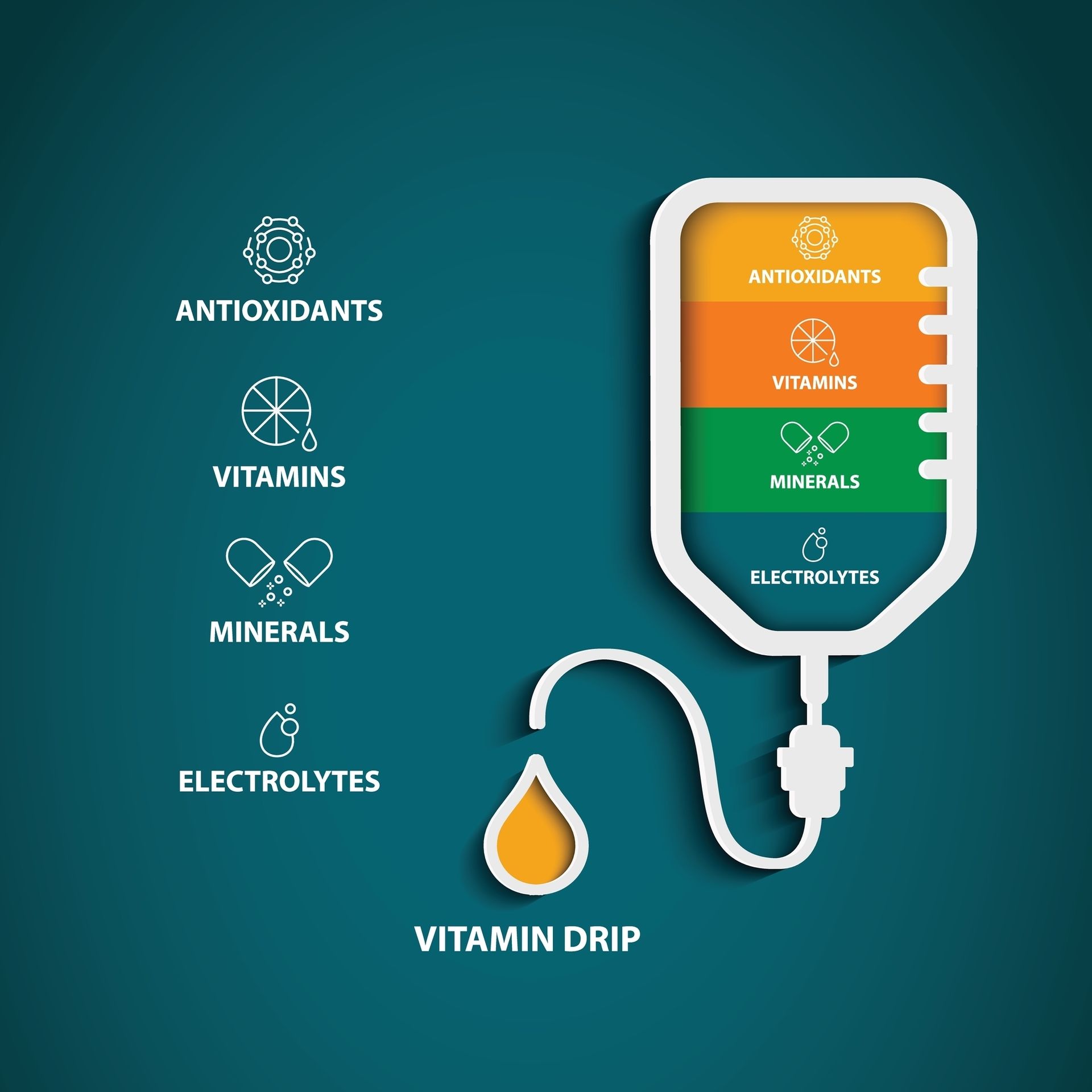Articles and Information
Understanding Electrolytes: Key to Maintaining Balance for Optimal Health

Understanding electrolytes is crucial for maintaining optimal health and overall well-being. These essential minerals play a significant role in various bodily functions, ensuring that your body operates smoothly. This article will delve into electrolytes, their importance, and how to maintain a healthy electrolyte balance.
What are Electrolytes?
Electrolytes are charged minerals found in body fluids. They are vital for several physiological functions and are critical in regulating hydration, maintaining acid-base balance, and facilitating muscle and nerve function. The most common electrolytes include sodium, potassium, calcium, magnesium, chloride, bicarbonate, and phosphate.
When dissolved in water, electrolytes dissociate into ions, allowing them to conduct electrical signals. These signals are essential for nerve communication, muscle contractions, and maintaining proper functioning of the cardiovascular system.
The Role of Electrolytes in the Body
Electrolytes have a multifaceted role in the body. They help manage various functions, including:
- Regulating fluid balance in and out of cells
- Maintaining stable blood pressure levels
- Facilitating nerve signal transmission
- Enabling muscle contractions
- Assisting in enzyme function
Each of these functions is crucial for day-to-day health and is interdependent on one another, highlighting the importance of maintaining a proper balance.
Different Types of Electrolytes and Their Functions
There are several key electrolytes in the body, each with distinct functions:
- Sodium: Helps regulate blood pressure and blood volume.
- Potassium: Vital for heart health and muscle function.
- Calcium: Important for bone health and muscle contractions.
- Magnesium: Plays a role in over 300 enzymatic reactions, including energy production.
- Chloride: Works with sodium to maintain fluid balance and is essential for digestion as part of stomach acid.
The Importance of Electrolyte Balance
Maintaining a proper balance of electrolytes is essential for overall health as imbalances can lead to serious health issues. Both excess and insufficient levels of electrolytes can disrupt bodily functions.
Various factors influence electrolyte balance, including diet, hydration levels, and physical activity. It is important to understand these factors to maintain optimal electrolyte levels.
Electrolyte Imbalance: Causes and Symptoms
Electrolyte imbalances can occur due to a variety of reasons, such as:
- Dehydration from excessive sweating or inadequate fluid intake
- Medical conditions affecting kidney function
- Diarrhea or vomiting that lead to fluid loss
- Certain medications that influence kidney function or fluid balance
Symptoms of an electrolyte imbalance may include muscle cramps, fatigue, headaches, irregular heart rhythms, and confusion. Early detection and correction of the imbalance are crucial to preventing severe complications.
The Impact of Electrolyte Balance on Health
Electrolyte balance is integral to overall health. An imbalance can lead to serious complications such as heart arrhythmias, seizures, and muscle weakness. Chronic imbalances may contribute to long-term health issues, including heart disease and kidney dysfunction.
Conversely, maintaining a balanced electrolyte level supports hydration, energy levels, muscle performance, and cognitive function. Thus, the importance of monitoring and managing electrolyte levels cannot be overstated.
Maintaining Electrolyte Balance for Optimal Health
Maintaining electrolyte balance is straightforward if you pay attention to your diet and lifestyle choices. Simple adjustments can help you achieve optimal health.
Dietary Sources of Electrolytes
Incorporating a variety of foods into your diet is a great way to ensure you obtain necessary electrolytes. Good sources include:
- Fruits: Bananas, oranges, and avocados are rich in potassium.
- Vegetables: Spinach and broccoli are high in calcium and magnesium.
- Dairy Products: Milk and yogurt provide calcium and potassium.
- Meats and Fish: Great sources of sodium and magnesium.
- Nuts and Seeds: These are packed with magnesium, potassium, and calcium.
Hydration and Electrolyte Balance
Proper hydration is essential in maintaining electrolyte balance. Drinking adequate amounts of water helps facilitate the movement of electrolytes within your body, while hydration itself can prevent imbalances that often occur through sweat loss during exercise or heat.
In certain instances, beverage choices can also contribute to maintaining electrolyte levels. Electrolyte-replenishing drinks can be beneficial, especially after intense physical activity or during high temperatures.
Electrolyte Supplements: Benefits and Risks
While a balanced diet is typically sufficient to meet electrolyte needs, some individuals may benefit from supplementation, especially athletes or those with specific health conditions. However, it is important to approach electrolyte supplements cautiously, as excess intake may lead to further imbalances.
Consulting a healthcare professional before starting any electrolyte supplement is advisable, ensuring you choose appropriate types and dosages based on your unique needs.
Electrolytes and Exercise
Electrolytes play a crucial role in physical performance, particularly during exercise, where loss through sweat can lead to decreased performance and increased risk of injury.
The Role of Electrolytes in Physical Performance
During exercise, the body loses electrolytes, particularly sodium and potassium, through sweat. Maintaining electrolyte levels is key to preventing fatigue, muscle cramps, and overheating. Proper electrolyte balance helps ensure that muscles can contract efficiently and nerves can transmit signals effectively during physical activities, enhancing overall performance.
Replenishing Electrolytes After Exercise
After intense workouts, it's important to replenish lost electrolytes. This can be achieved through:
- Consuming electrolyte-rich snacks or meals
- Drinking electrolyte beverages
- Incorporating recovery drinks specifically designed for athletes
Listening to your body and prioritizing recovery needs post-exercise will ensure you maintain optimal electrolyte balance.
Electrolytes and Chronic Conditions
Electrolytes also play a critical role in managing chronic conditions, with imbalances posing risks to those suffering from specific illnesses.
Electrolytes in Heart Health
Electrolytes, especially potassium and magnesium, are essential for maintaining a healthy heart rhythm. An imbalance can lead to arrhythmias and other cardiovascular issues, making monitoring particularly important for individuals with heart disease.
Electrolytes and Kidney Function
The kidneys regulate electrolyte levels, so kidney disease can disrupt this balance. Individuals with kidney conditions often need to monitor their intake of certain electrolytes to avoid complications.
Electrolytes and Diabetes Management
Electrolyte balance is also crucial for those with diabetes. Insulin regulation affects electrolyte levels, so managing these can help control blood sugar levels and prevent complications related to diabetes.
In conclusion, a comprehensive understanding of electrolytes and how to maintain their balance is vital for optimal health. By emphasizing a high-quality diet, proper hydration, and awareness of personal health needs, individuals can effectively support their electrolyte levels and thereby enhance overall well-being.
USEFUL LINKS
CONTACT US
If you think you may have a medical emergency, immediately call your doctor or dial 911.
This website does not provide medical advice. It is intended for informational purposes only. It is not a substitute for professional medical advice, diagnosis or treatment. Never ignore professional medical advice in seeking treatment because of something you read on the internet. These statements have not been evaluated by the Food and Drug Administration.
© 2021-2024 All Rights Reserved | Powered by OMG Marketing











